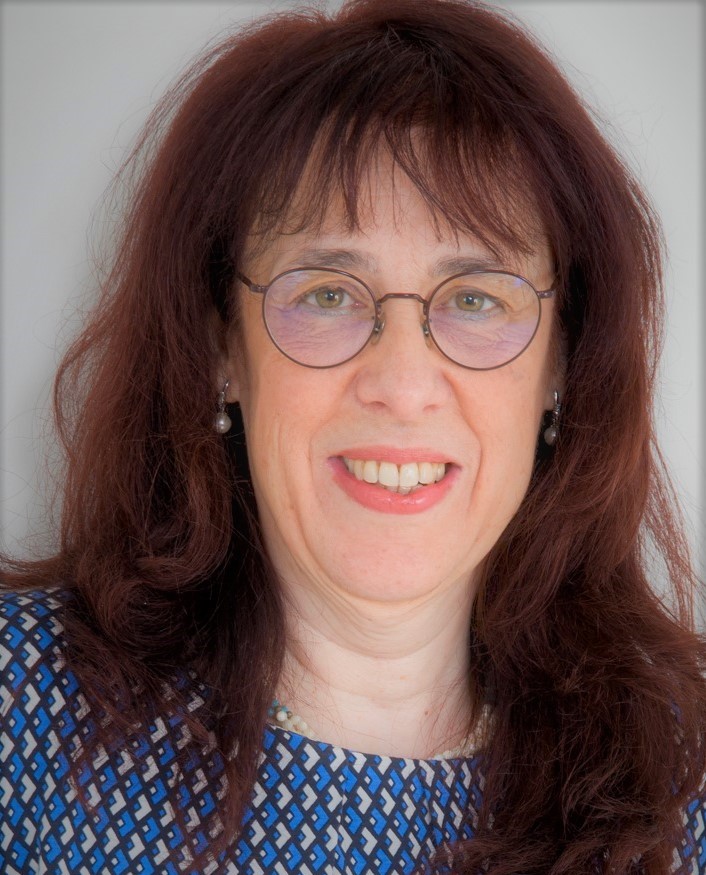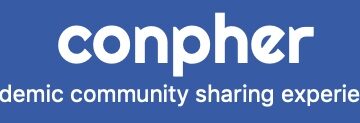Hidden strengths: using soft skills to your advantage!


Our conpher expert contributor is Dr Laura Norci, a highly respected life and career coach who worked many years in research and university as lecturer, tutor and mentor.
Hidden strengths: using soft skills to your advantage!
At the time of writing a new year has just started and, more so than other years, everyone hopes this year will be better than the previous one. We already know that it will bring new challenges and require new solutions. Therefore, in the framework of the challenges to come, it is useful for researchers to develop awareness of the value of some of their less-discussed qualities and skills.
Researchers are highly trained in their specific field and related disciplines. They are aware of their capabilities in those subjects but sometimes tend to underestimate how much their less specific abilities have been implicitly developed during their training and how useful they can be for personal or career development. These are the so-called soft skills or transferable skills, often mentioned when persuading doubtful students to enrol in university courses but otherwise only indirectly developed, as a by-product of the main training.
“many of the soft skills that are acquired with research training constitute powerful assets for any researcher“
I want therefore to discuss here some insights on non-discipline-specific skills which I have derived from coaching academics who have come to doubt their motivation for research or who would like to leave academia. Working together with these academics to develop strategies that help to achieve their desired changes, I have become convinced that many of the soft skills that are acquired with research training constitute powerful assets for any researcher, both for their self-image and their career.
To start with, academics should be aware of how their special abilities can be of great advantage to society. Naturally, academics possess highly developed logical thinking; they are accustomed to analysing problems rigorously and objectively. Strict analytical thinking is one of the main characteristics of the well-developed researcher and is an essential part of the job. Compared to the requirements in other fields of work, this quality is developed to the extreme. In a world of fake news and disinformation, it is a quality which provides invaluable benefits to society in general and can contribute to maintaining a degree of sanity in the world.

Additionally, a recent article on Forbes (The Importance of ‘Agility’ in the Future of Work, Nov 24, 2020) discusses what the future of work could look like, after having realised due to the pandemic that work can be organised differently. The author, Julia Steads, is convinced that change is possible, although it is not yet clear what form that will exactly take. She suggests that “Excellence in this time will not come from a set-it-and-forget-it approach; it entails a continual process of optimization, adjustment and openness to change.” And also that “Finally, technology can also help us bridge gaps in collaboration and communication; in fact, it already has!”
Again, who is in a better position than a researcher to be flexible and able to adapt strategies to pursue an objective, or to change approach to provide quality results? The creativity, clear thinking, and persistence that are necessary to produce good research, the ability to learn new techniques quickly, and the technical ability that many researchers already possess put them in a favourable position to actively participate in the changes that will come.

Besides this, a researcher needs to acquire a range of relational and communicative abilities. In academia, people work often in teams, and even if not, collaboration with colleagues in the same field of research is essential. Communication of research results is also fundamental for a researcher through the writing of articles or books, often in another language than their native one. Public speaking is also a necessary skill, whether at professional conferences or for popularisation of science. Some academics also have teaching duties which require yet other aspects of communication such as tutoring and mentoring.
These skills are all necessary to develop one’s career but not everyone is equally strong in all of them due to individual qualities or circumstances. As a coach, I know that working on one’s strengths brings better results than putting too much effort into improving weaknesses. Therefore, whether you are trying to improve your career chances or to find a more satisfying career, there are a few questions for you to consider:
Do you perform better working in a close-knit team or do you prefer to work alone? If you are working closely within a team, do you prefer to take a leading stance or are you quite happy doing your part? Do you flourish when you speak to students or the general public, or do you find it unpleasant and perhaps a waste of your time? Do you prefer communicating your science results in written form or you enjoy the adrenaline rush of a conference or seminar?
A key question I ask my clients: can you remember an occasion in which you felt really proud of your work and in which you think you performed at your best?
That is where your strengths are!
Looking within yourself to understand what you enjoy most or identifying what has provided the best results so far is fundamental in discovering your strong points. This awareness should drive your career decisions and offers the best chances to achieve success and happiness in your work.
Laura Norci is a Life and Career Coach, who had a career of many years in Astrophysics, during which she has been a researcher, lecturer and group coordinator. Some years ago she started her own free-lance coaching service, Academic and Personal Pathways (www.appathways.nl), after training as a Person-Centred Counsellor and Coach. She coaches a variety of clients among which many academics. She is affiliated with NOBCO/EMCC (European Mentoring and Coaching Council).


